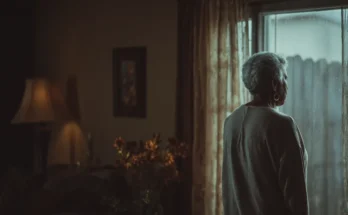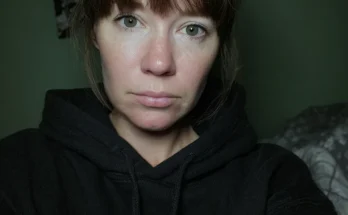I never imagined that a single comment could fracture a relationship so deeply. I didn’t yell. I didn’t shame. I simply voiced concern—gently, I thought—about how overwhelmed my daughter-in-law seemed while parenting. I’d raised children myself. I knew the exhaustion, the self-doubt. I wanted to help. But instead of gratitude or even dialogue, I was met with silence. Then distance. Then hostility.
She stopped replying to my messages. Invitations to lunch with the grandkids were ignored. I’d offer to babysit, to take them out, to lighten her load—but she always had other plans. Her mother saw the kids daily. I saw them once a month, if that. Neighbors in our condo community saw my grandchildren more than I did. I could see their home from my window, but I felt like a ghost—present, but invisible.
I tried everything. I asked to join her family outings. I offered to pay. I even suggested therapy together. But nothing changed. Her coldness triggered old wounds from my own abusive childhood—the feeling of being “not good enough.” I’d worked hard to heal those scars. But her rejection reopened them.
When I finally confronted her, she said I was “overbearing.” That I was “obsessed.” That I needed to “back off.” It crushed me. I never dropped by unannounced. I respected her space. But I was retired, lonely, and aching to be part of my son’s life. Was that so wrong?
I’ve come to realize that maybe she felt judged. Maybe my comment, however well-intended, touched a nerve. Maybe she saw it as criticism, not care. And maybe I failed to see her need for autonomy, not advice.
Now, I’m learning to let go. To find purpose beyond family. To stop chasing closeness and start cultivating peace. I still love my son. I still adore my grandkids. But I’m no longer begging for a seat at the table. If they ever want me there, they’ll know where to find me.


